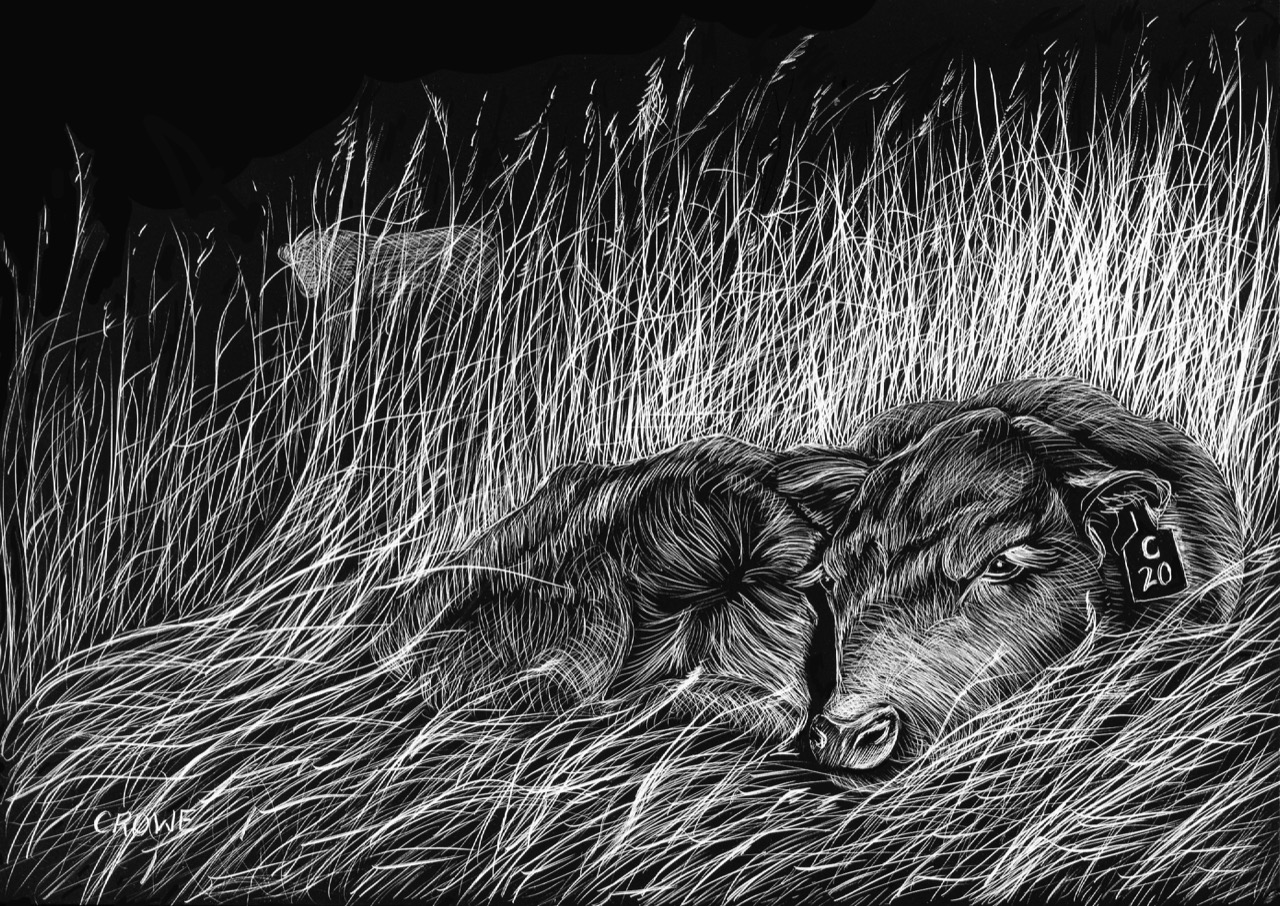
A Colorado State University scientist has curated a new book of poetry that celebrates a diverse collaboration between rangeland scientists, those who work on these lands and poets.
The authors provide artistic interpretations of scientific research articles and rangeland perspectives in more than 40 poems and illustrations in Grazing the Fire: Poetry of Rangeland Science, published this month. The book’s editor, María Fernández-Giménez, is a professor in the Forest and Rangeland Stewardship department at Colorado State University. She said the idea for the project came to her, based on her own interest in the nexus between poetry and science.
“There is power in poetry as a method of scientific inquiry and vice versa,” Fernández-Giménez explained. “Science and poetry are both about observation, and being very specific when describing something concrete and tangible.”
She organized a group of people, including CSU alumni who were willing to conduct a new experiment outside their traditional expertise. Scientists contributed research articles and aspiring and distinguished poets translated the technical text into prose, pictures or illustrations. Poetry workshops held around Fernández-Giménez’s kitchen table helped guide the finished product.
The diverse voices this collaborative group represented offered new insights about scientific evidence and expression of the rangelands they collectively cared about, she said.
Grazing the Fire:
Book Release Event
Sunday, February 24, 2019
4:00 – 6:00 p.m.
Wolverine Farm
Upstairs Event Hall
316 Willow Street
Fort Collins, Colorado
Open to the community
A professional and personal approach
Fernández-Giménez had the unique position of contributing both scientific articles and poetry for the compilation. She had previously experimented with creating poems from her own qualitative interview data and turned scientific papers into poetry prior to having her “lightbulb” moment for this collaborative project that stretched everyone’s abilities.
“Each of us had to leave ego behind and adopt a beginner’s mind,” Fernández-Giménez said. “I learned so much from the poets about teaching and how to give constructive and supportive feedback.”
Each of the 15 contributors approached the project through their own unique lens.
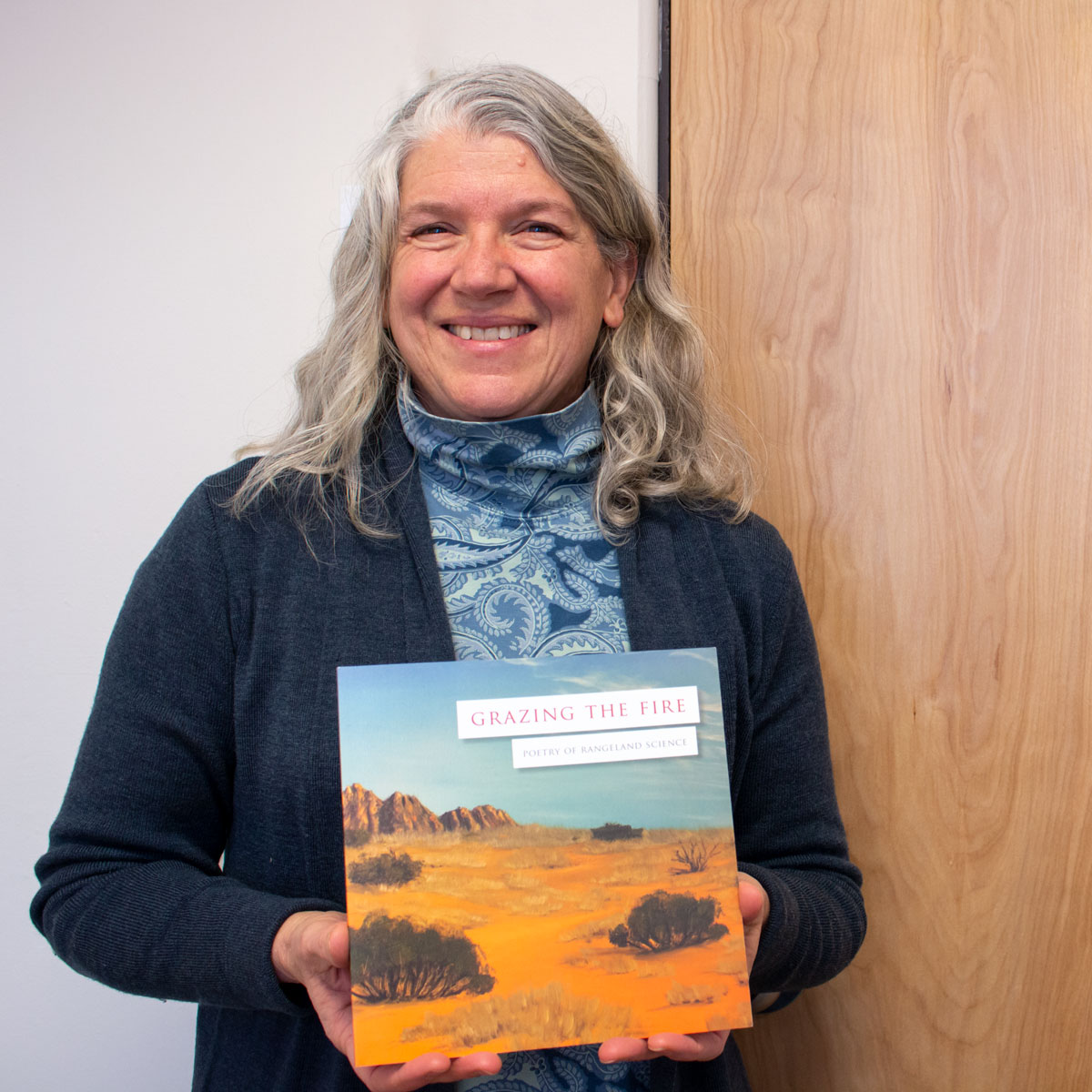
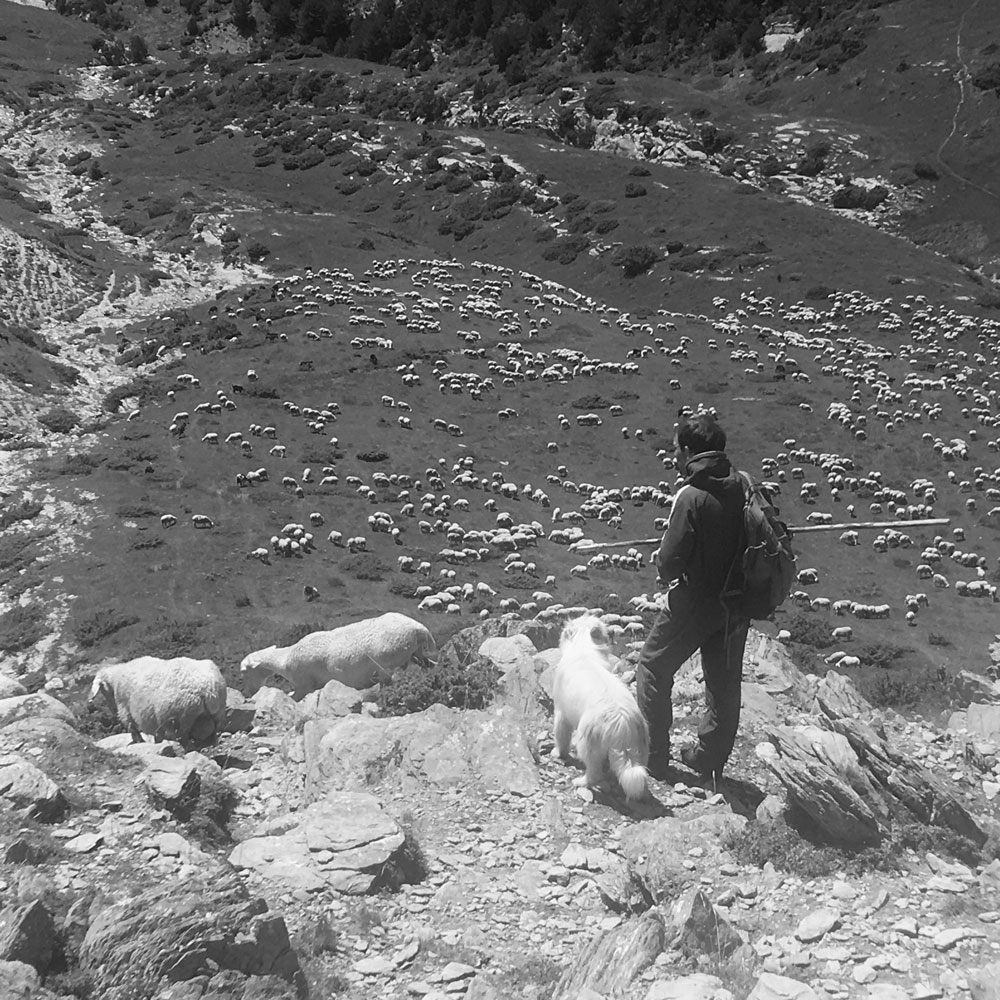
CSU Master of Natural Resource Stewardship alumna Dixie Crowe used her science, illustration and rangeland backgrounds to create two poems and six artistic pieces featured in the book. She created the new scratchboards by etching lines onto a background of clay coated in black ink.
“Both science and art require creative problem-solving, language and a mastery of the tools behind these processes,” Crowe said. “Some of my illustrations were inspired by scientific articles, some were from the poetry workshop collaborations and some were related to my experiences with rangeland landscapes and animals that use them.”
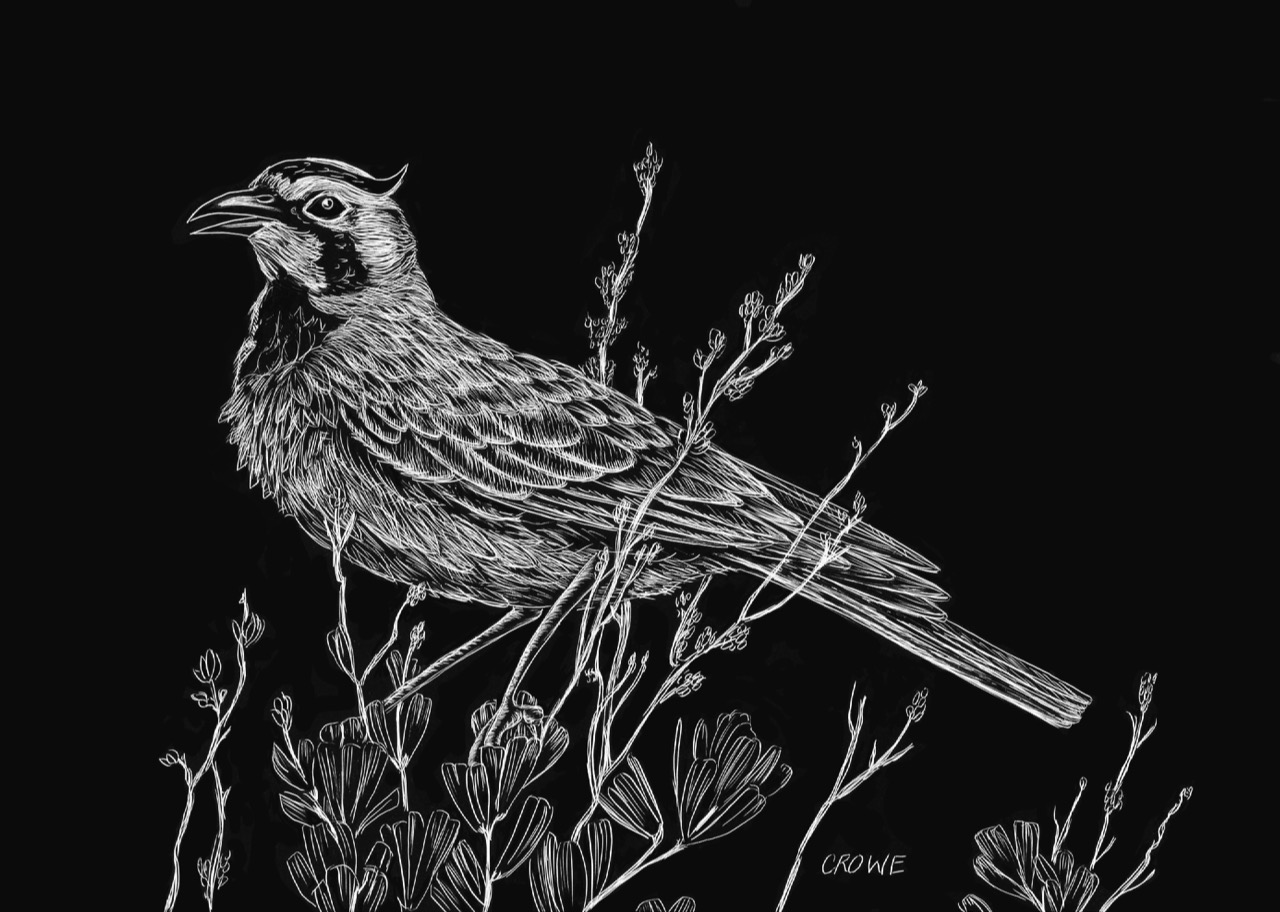
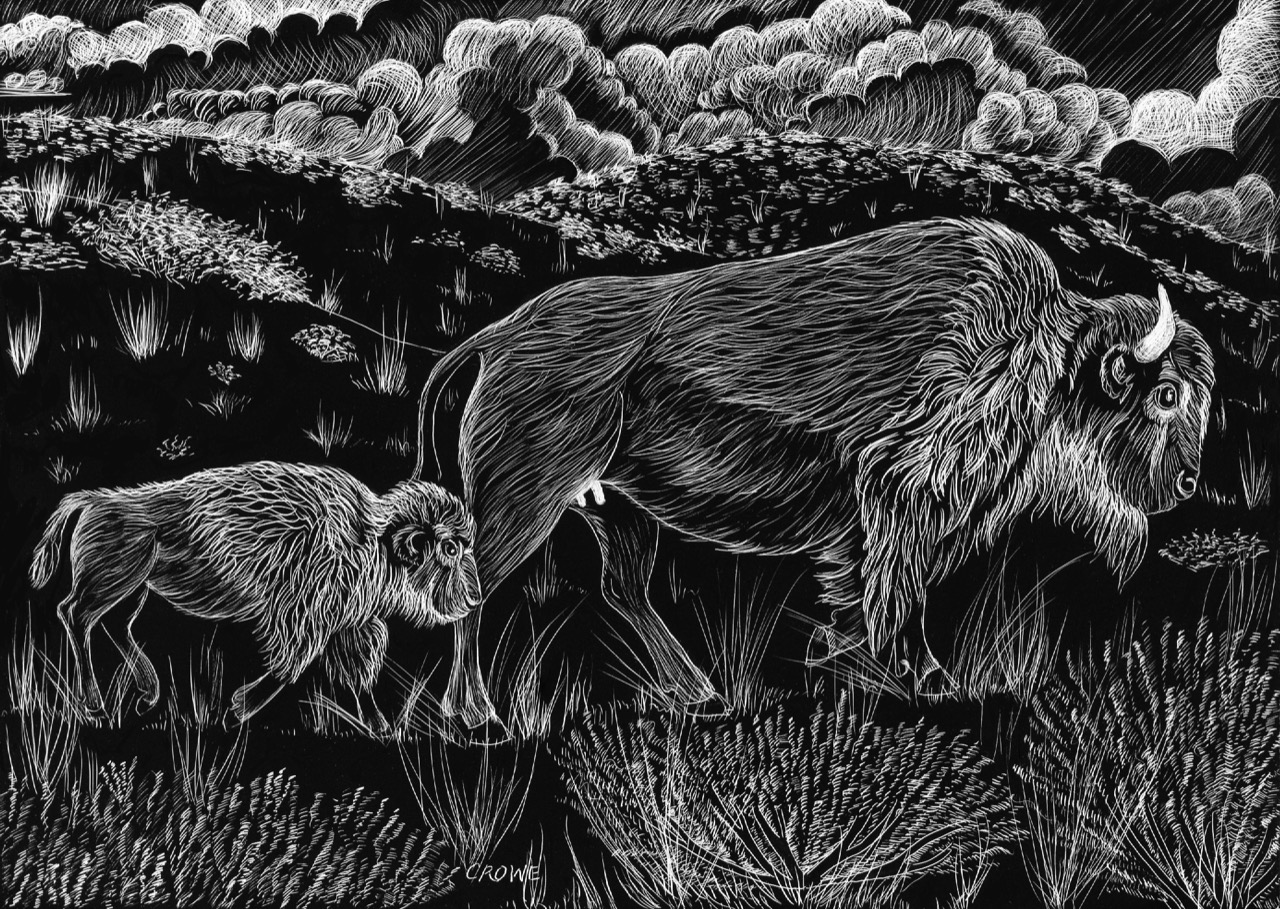
A greater cause
Rico Moore, a local freelance writer, poet and CSU Master of Fine Art alumnus met Fernández-Giménez through a campus group called Crisis and Creativity, which aimed to use the arts and humanities to tackle interdisciplinary topics and issues.
Moore said it was a thrill to explore the “borderland between poetry and science.”
After reading a research article, he selected key words and phrases, reversed the order and whittled words away to complete his final poem. The finished piece remains faithful to the technical publication and data, which consisted of qualitative interviews with tribal rangeland elders.
“This project really became an enactment of interdisciplinary spirit,” Moore said. “The diversity of perspectives and poetic forms are displayed as strengths, with the greater purpose of increasing diversity in the whole field of research.”
Moore helped Fernández-Giménez advance this project by making the critical connection to Wolverine Farm Publishing in Fort Collins. Half the proceeds from book sales will go into a fund for underrepresented students at CSU to attend annual meetings of the Society for Range Management, the international professional society for all rangeland stewards.
Fernández-Giménez said this poetry project demonstrated what diverse collaboration could achieve on a much grander scale when more voices are included to reflect on the experiences and motivations behind research.
“I think our science will become much better,” she said.
Grazing the Fire: Poetry of Rangeland Science was published by Wolverine Farm Publishing in February 2019. Monetary contributions for scientific article submissions and half of all proceeds will go towards a fund to support indigenous and minority students to attend annual Society for Rangeland Management meetings. The Society’s 2020 meeting will be held in Denver.